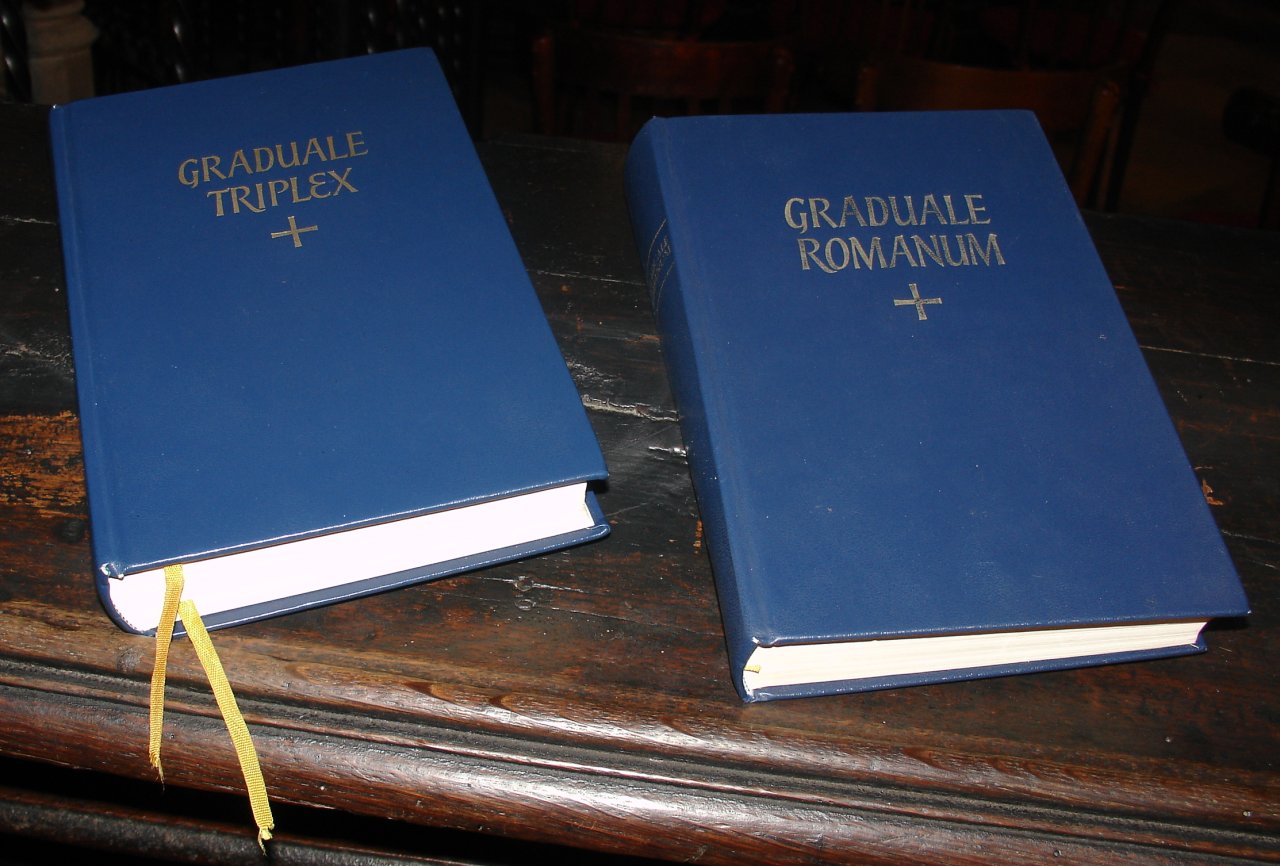







 See below for John Deely bibliography
from the 20th Century
See below for John Deely bibliography
from the 20th Century
Semiotics = knowledge of the action of signsJohn Deely examines the role of Thomas Aquinas (1224/5-1274) in the growth of semiotic consciousness among the Latins, as Charles Sanders Peirce will take up the matter in influencing the twentieth-century establishment of semiotics as a global intellectual movement. Although Aquinas never focused on the subject of signs for its own sake, he frequently treats of it in relation to other direct investigations in a great variety of contexts. The result of his treatments is to have left a series of texts which, though not without their inner tensions, contain a series of consequences and connections which can be developed into a unified theory of the being constitutive of signs as a general mode. Precisely this theory was spelled out systematically for the first time in the 1632 Treatise on Signs of John Poinsot, expressly grounded in a pulling together of Aquinas's various texts together with a careful analysis of the role of signs in human experience. The resulting doctrinal perspective proves to have been implicit in Aquinas and to lie at the foundation of Peirce's notion of signs as triadic relations, a notion he took over from the later Latins and developed anew, particularly in shifting the focus from the being to the action proper to signs, or 'semiosis'. It is this appropriation and shift that marks the boundary between modernity and postmodernism in philosophy, with respect to which the writings of Aquinas are like a taproot. |
 |
 Basics
of Semiotics (Bloomington: Indiana University Press, 1990)
Basics
of Semiotics (Bloomington: Indiana University Press, 1990)
 Gregorian
Semiology
Gregorian
Semiology 
 The Doctrine of Signs has a long history: it characterizes the Latin Age. Take
Lombard, for example
The Doctrine of Signs has a long history: it characterizes the Latin Age. Take
Lombard, for example